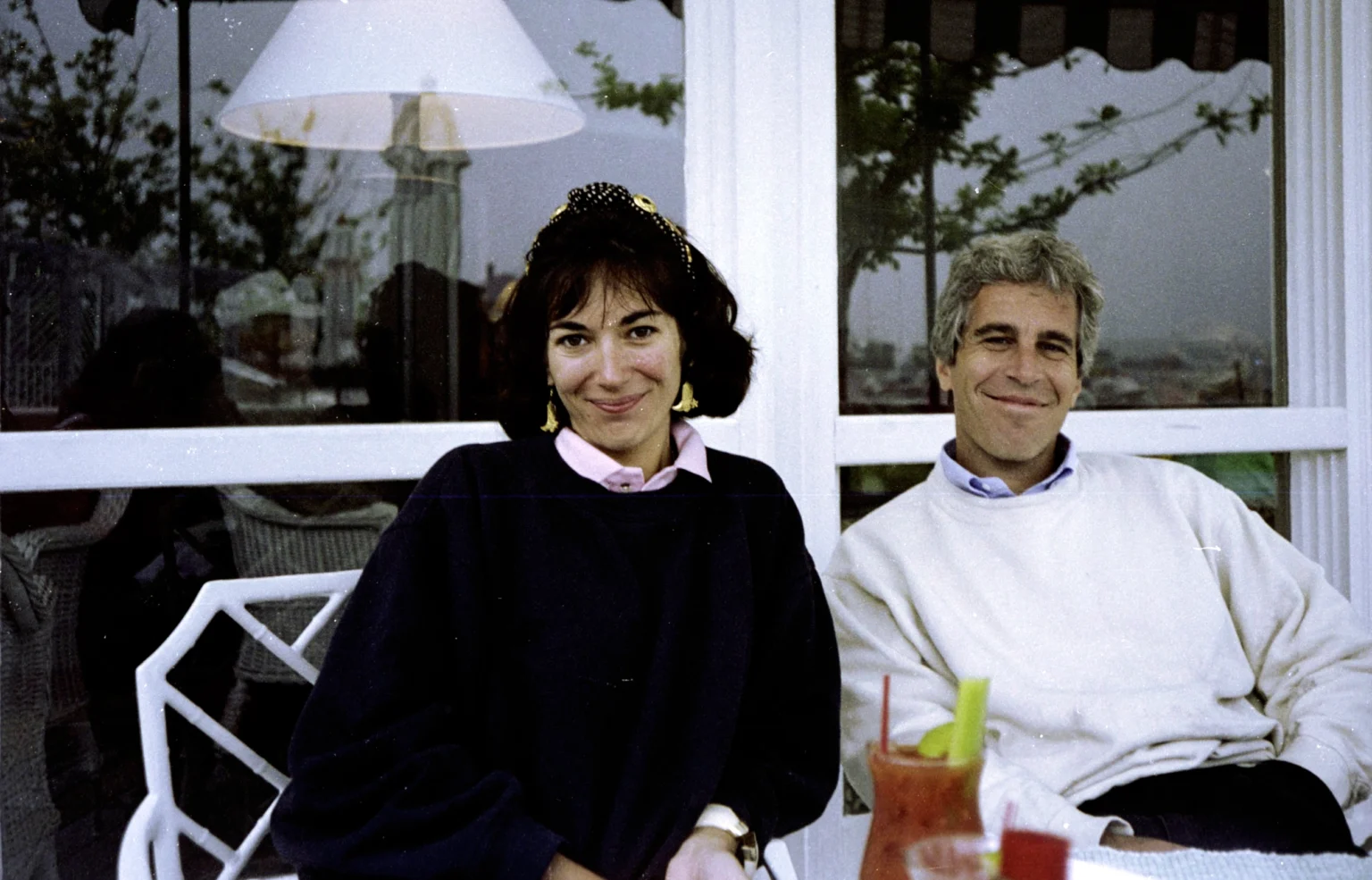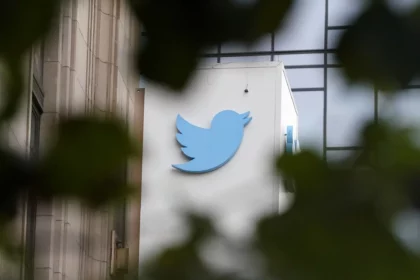Nearly 200 names linked to the Jeffrey Epstein-Ghislaine Maxwell sex trafficking conspiracy could be released by a New York judge as soon as Tuesday, disclosing or verifying the identities of dozens of associates of the disgraced financier that until now have only been known as John and Jane Does in court papers.
A deadline for objections to the unsealing of the names passes at midnight on Monday, almost nine years after victim Virginia Giuffre filed a single defamation claim against Maxwell, daughter of the late British press baron Robert Maxwell, in 2015, that in turn produced the names in legal depositions.
A year later, in 2016, US district court judge Robert Sweet rejected Maxwell’s motion to dismiss the case, finding that “the veracity of a contextual world of facts more broad than the allegedly defamatory statements” and that Guiffre “was a victim of sustained underage sexual abuse between 1999 and 2002”. The parties settled out of court in 2017.
From that wellspring came not only the names now set to be released, but a series of civil lawsuits including Guiffre’s action against Britain’s Prince Andrew for “sexual assault and intentional infliction of emotional distress” that was settled out of court without admission of liability for a reported $12m. The prince has always strenuously denied any wrongdoing.
The defamation suit also set the stage for a federal sex trafficking case against Maxwell, who was found guilty on five of six charges, and sentenced to a 20-year prison sentence in December 2021.
But expectations that the release of the names from the ageing defamation suit could transfer to criminal charges are likely overblown.
Epstein killed himself while awaiting trial in 2019, and after Maxwell’s conviction, federal prosecutors made it clear that they considered their work done.
Still, US district judge Loretta Preska’s 51-page order explaining her reasoning on whether to unseal or continue to redact the names of about 180 John and Jane Does offers will probably be a serious embarrassment to many high-profile figures.
Many on the list will already be publicly known as associates, employees of Epstein and Maxwell, or people who had flown on his planes. It may also name Epstein’s alleged victims who had been taken to homes, including a mansion in New York, a Palm Beach villa, a private island in the US Virgin Islands, and a ranch outside Santa Fe.
It’s the names of the John Does that will be mostly scrutinized, and is almost certain to include a former US president, actors, academics, and, notoriously, the now reclusive British prince.
According to ABC News on Monday, “Jane Doe 162” is a witness who testified she was 17 when she was with Andrew, Maxwell, and Giuffre at Epstein’s home in New York mansion.
Former US president Bill Clinton was identified by ANC News as “Doe 36” and is mentioned in more than 50 of the redacted filings, according to court records. Giuffre made no allegations of wrongdoing by Clinton but maintains she met him on the island – which Clinton has said he never visited.
But personal flight logs kept by one of Epstein’s pilots showed that Clinton flew extensively on Epstein’s plane, including on trips to Paris, Bangkok, and Brunei in the years after he left office in 2001.
According to ABC, Giuffre’s lawyers contacted Clinton’s legal representatives about a deposition but they responded that his testimony would not be helpful. Maxwell’s lawyers also rejected the idea, calling it a “transparent ploy by Guiffre to increase media exposure for her sensational stories through deposition side-show”.
But Clinton’s name repeatedly came up in connection with Epstein, including in a New York magazine article in 2002 in which he said through a spokesman that Epstein was “both a highly successful financier and a committed philanthropist with a keen sense of global markets and an in-depth knowledge of 21st-century science”.
Clinton has said he cut ties with Epstein in 2005 after Epstein was accused of bringing underage girls to his Palm Beach home for sexualized massages. A federal investigation was dropped, and Epstein pleaded guilty to state charges of procurement of a minor and solicitation of prostitution, given a light sentence and required to register as a sex offender.
After Epstein was arrested in 2019, Clinton again issued a statement, saying he had not spoken to Epstein “in well over a decade” and “has never been to Little St James Island, Epstein’s ranch in New Mexico, or his residence in Florida” and “knows nothing” about Epstein’s crimes.
While the depositions may offer a closer reading of Epstein and Maxwell’s interactions before Epstein’s solicitation conviction, much of the focus is now on the financier’s behavior after he was released from detention in Florida and returned to New York to rebuild his reputation.
Epstein’s scheduling diaries which found their way to the Wall Street Journal this year during Epstein-related lawsuits between the US Virgin Islands and two US banks, revealed the extent to which the financier continued to build his network.
The boldface names that emerged included the director of the CIA, William Burns, and Kathryn Ruemmler, White House counsel under Barack Obama, alongside lesser figures including the leftwing professor and activist Noam Chomsky, billionaire venture capitalist Reid Hoffman and Lawrence Summers, former Harvard president and director of the National Economic Council under Obama.
Others included Woody Allen, Bill Gates, Thorbjørn Jagland, a former Norwegian prime minister, former Israeli prime minister Ehud Barak and former Barclays chairman Jes Staley.
An acquaintance of Maxwell and Jeffrey Epstein told the Guardian last year that Epstein’s patterns of behavior were not significantly different from pre-and-post convictions. “He was not a changed man,” they said. “But you need to understand that in his mind he thought he’d done nothing wrong and he was entitled to behave any way he wanted to if he had the money to pull it off.”




